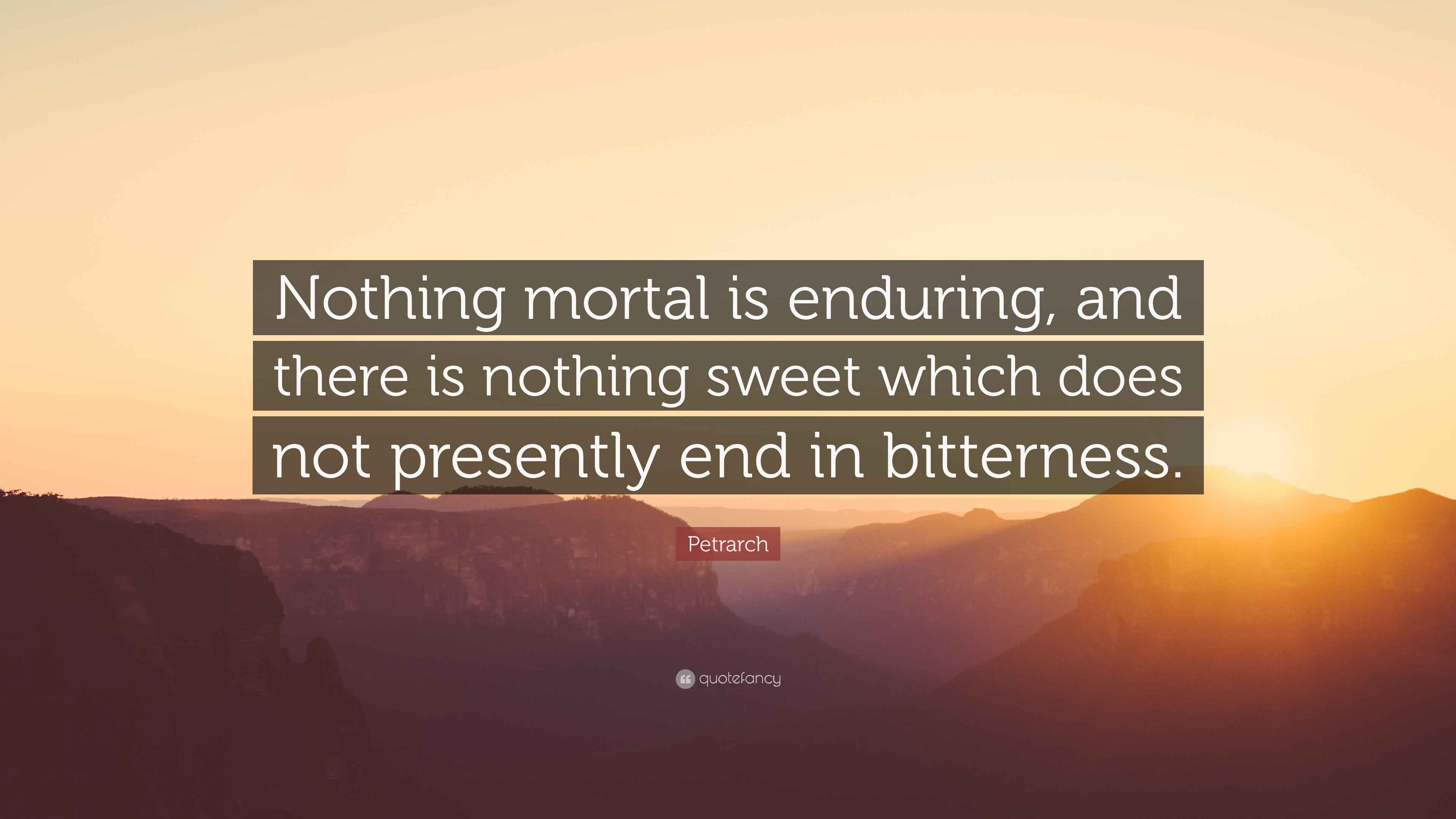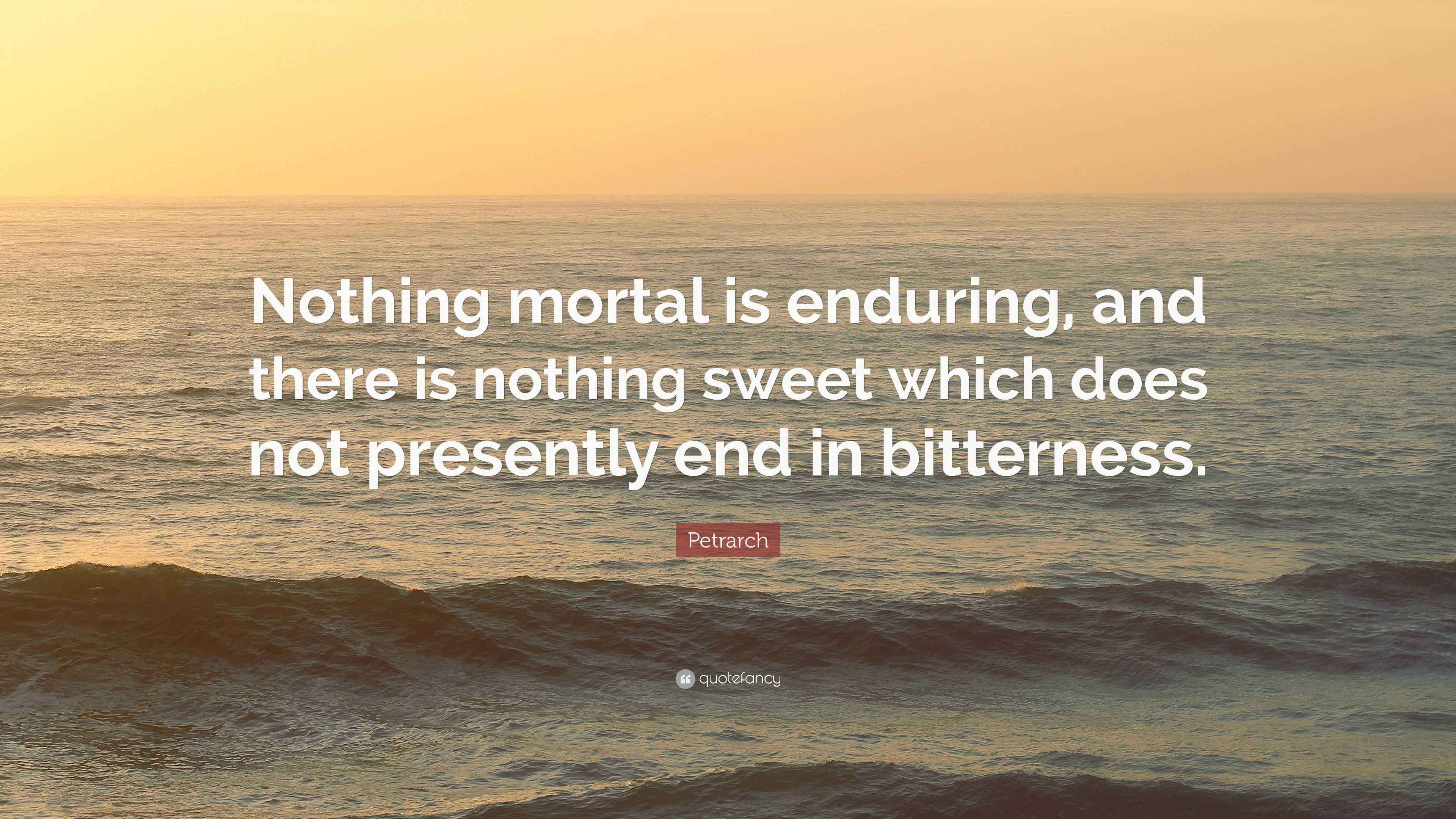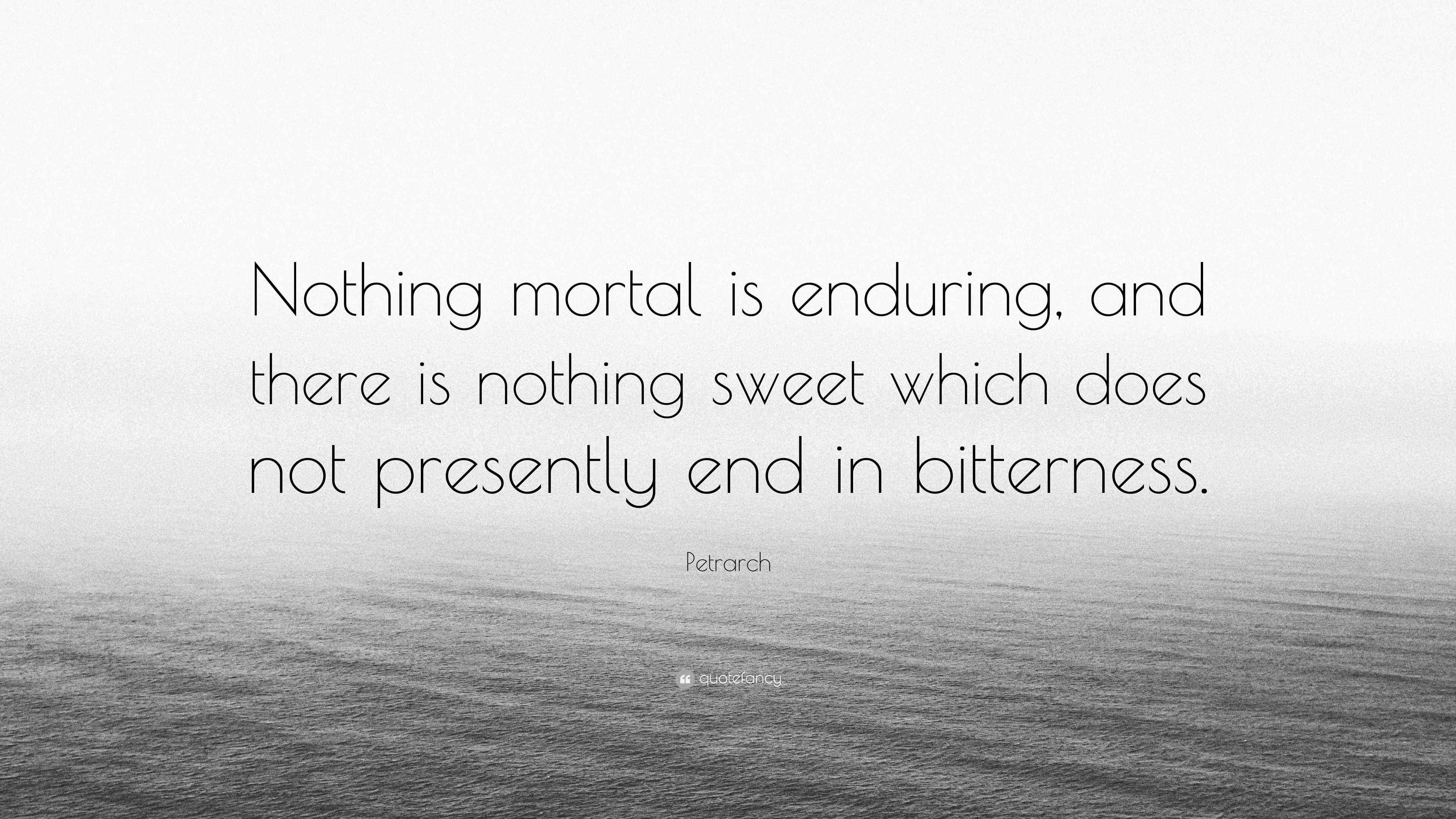Let’s talk about something that hits close to home for all of us—mortality. Yeah, it’s heavy, but it’s also one of the most profound truths we all share. The phrase "I am nothing but a mortal" isn’t just a poetic way to express our place in the universe; it’s a deep reminder of our limits, our humanity, and our shared journey through life. Whether you’re thinking about it for the first time or reflecting on it after years of pondering, this idea has layers that are worth exploring.
You’ve probably heard people talk about mortality in different ways—some see it as a limitation, others as a source of inspiration. But what does it really mean to embrace the fact that we’re all just mortals? Is it scary? Liberating? Or maybe a little bit of both? Stick with me, because we’re diving deep into this topic and unpacking its significance in a way that’s relatable and insightful.
This isn’t just about philosophy or existential musings. It’s about how understanding our mortality can shape the way we live, love, and connect with others. So, if you’re ready to explore what it means to be human in all its fragility and beauty, let’s get started.
Read also:Is Jojo Siwa Lesbian Exploring The Truth Behind The Headlines
What Does It Mean to Be Mortal?
When we say "I am nothing but a mortal," we’re acknowledging a fundamental truth: we’re not invincible. Mortality is the condition of being subject to death, and it applies to every single one of us. But it’s not just about the end—it’s about everything that happens in between. Our time on this planet is finite, and that’s what makes it so precious.
Think about it: the awareness of our mortality can either paralyze us or inspire us to make the most of the time we have. For some, it’s a wake-up call to pursue dreams, nurture relationships, and live authentically. For others, it’s a reminder to appreciate the little things and find joy in the present moment.
Here are a few key aspects of mortality:
- Time is limited: We only have so many years, months, and days. How we choose to spend them matters.
- Vulnerability is part of the package: Being mortal means we’re susceptible to pain, loss, and uncertainty. But it also means we’re capable of growth, resilience, and connection.
- Legacy matters: Even though our physical presence will eventually fade, the impact we leave behind can last for generations.
Embracing Mortality as a Gift
Now, I know what you’re thinking—how can something as final as death be considered a gift? Hear me out. Mortality gives us a sense of urgency and purpose. It reminds us that life is fleeting, and that realization can motivate us to live more fully. When we acknowledge our limits, we often discover our true potential.
It’s like when you’re given a deadline for a project. Suddenly, you’re more focused, more creative, and more productive. Mortality works in a similar way—it pushes us to prioritize what truly matters and let go of the rest.
How Mortality Shapes Our Identity
Our understanding of mortality plays a huge role in shaping who we are. It influences how we view ourselves, others, and the world around us. When we accept that we’re "nothing but mortals," we open ourselves up to a deeper level of empathy and connection.
Read also:Chinese Food Buffet Near Me Your Ultimate Guide To A Flavorful Adventure
For example:
- It helps us relate to others who are going through tough times because we know we’re all in the same boat.
- It encourages us to focus on what truly matters—love, kindness, and meaningful experiences—rather than getting caught up in superficial things.
- It teaches us the value of gratitude. When you realize how temporary life is, even the smallest blessings become significant.
The Intersection of Mortality and Purpose
One of the most fascinating aspects of mortality is how it ties into our sense of purpose. Many people find meaning in life by embracing their mortality. They ask themselves, "If I only have a limited amount of time, what do I want to accomplish? Who do I want to be?"
This line of thinking can lead to some powerful insights. It can inspire us to pursue passions, help others, and create a legacy that outlasts us. It’s about making the most of the time we have and leaving the world a little better than we found it.
Facing the Fear of Mortality
Let’s be real for a second—mortality can be scary. The idea of not existing anymore is enough to make anyone feel uneasy. But here’s the thing: avoiding the topic doesn’t make it go away. In fact, confronting our fears about mortality can actually help us live more fulfilling lives.
There are several ways to face the fear of mortality:
- Practice mindfulness: Being present in the moment can help you focus on what’s important and let go of worries about the future.
- Find meaning in life: When you have a sense of purpose, the fear of death becomes less overwhelming.
- Connect with others: Building strong relationships can provide comfort and support as you navigate the ups and downs of life.
The Role of Religion and Spirituality
For many people, religion and spirituality offer a way to cope with the fear of mortality. Whether it’s through beliefs in an afterlife, reincarnation, or the continuation of the soul, these systems of thought provide comfort and hope. They remind us that even though our physical bodies may perish, there’s something greater at play.
But you don’t have to be religious to find peace with mortality. Secular philosophies like existentialism and humanism also offer valuable perspectives on how to live a meaningful life despite its impermanence.
The Science of Mortality
From a scientific standpoint, mortality is a natural part of life. Every living organism eventually dies, and this cycle of birth, growth, and death is what keeps ecosystems balanced. Scientists have been studying mortality for centuries, and their findings continue to shape our understanding of life and death.
Here are a few interesting facts:
- Humans have an average lifespan of around 79 years, though this varies depending on factors like genetics, lifestyle, and access to healthcare.
- Research shows that people who maintain healthy habits—like exercising regularly, eating a balanced diet, and managing stress—tend to live longer and healthier lives.
- Advances in medical technology are helping us extend our lifespans, but they can’t eliminate mortality altogether.
Longevity and Quality of Life
While living longer is great, it’s important to remember that quality of life matters just as much as quantity. It’s not just about how many years you live—it’s about how well you live them. This means prioritizing things like mental health, relationships, and personal fulfillment.
So, how do you balance longevity with quality of life? It starts with making choices that align with your values and goals. Whether it’s spending time with loved ones, pursuing a passion project, or simply enjoying the little things, the key is to live intentionally.
The Impact of Mortality on Society
Mortality isn’t just a personal issue—it’s a societal one too. The way we view death and dying affects everything from healthcare policies to cultural traditions. In many cultures, death is seen as a natural part of life and is celebrated or commemorated in meaningful ways. In others, it’s treated as a taboo subject that’s rarely discussed.
This variation in attitudes toward mortality highlights the importance of cultural awareness and understanding. By learning from each other, we can create a more compassionate and supportive society for everyone.
Grieving and Healing
When someone we love passes away, it’s natural to feel grief. But it’s important to remember that healing is possible. Grieving is a process, and everyone experiences it differently. Some find comfort in talking to friends or family, while others prefer to express their emotions through art, writing, or other creative outlets.
Support systems—whether they’re personal, community-based, or professional—play a crucial role in helping people navigate the grieving process. They remind us that we’re not alone and that it’s okay to ask for help when we need it.
The Art of Living Fully
At the end of the day, embracing our mortality is about living fully. It’s about making the most of the time we have and finding joy in the journey. Whether you’re chasing a dream, nurturing a relationship, or simply savoring a cup of coffee, every moment counts.
Here are a few tips for living fully:
- Set meaningful goals: Identify what’s important to you and work toward achieving it.
- Practice gratitude: Take time to appreciate the good things in your life, no matter how small they may seem.
- Stay present: Focus on the here and now instead of worrying about the past or future.
Legacy and Impact
As mortals, we may not be able to control how long we live, but we can control the impact we have on the world. Whether it’s through our actions, words, or creations, we all have the power to leave a lasting legacy. It’s about making a difference in the lives of others and contributing to something greater than ourselves.
Conclusion
So, there you have it—a deep dive into what it means to be "nothing but a mortal." Mortality is a profound truth that affects every aspect of our lives. It shapes our identity, influences our choices, and inspires us to live more fully. While it can be scary at times, embracing our mortality can also be incredibly liberating.
As you reflect on this topic, I encourage you to take action. Whether it’s setting a new goal, reaching out to a loved one, or simply appreciating the present moment, there’s always something you can do to make the most of your time on this planet.
And don’t forget to share your thoughts in the comments below! What does mortality mean to you? How do you embrace it in your daily life? Let’s keep the conversation going and learn from each other.
Table of Contents


